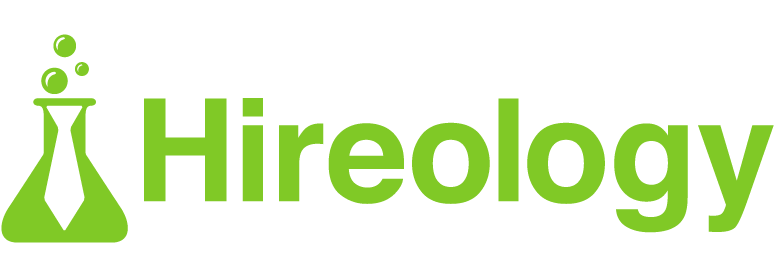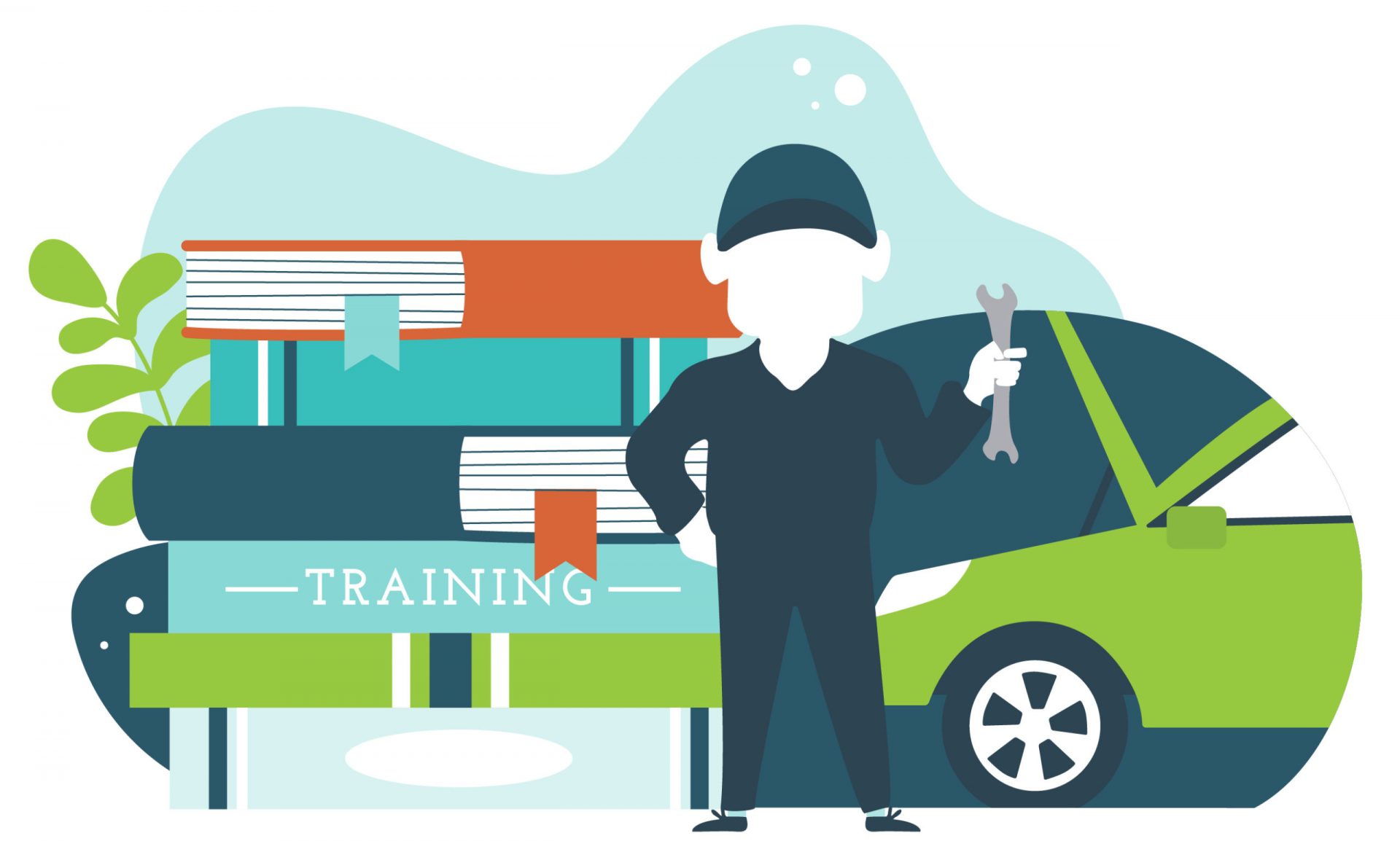According to NADA data, there are more than 16,000 franchised dealerships in the U.S., which employ more than one million Americans. Working for a franchised dealership offers a variety of benefits to employees, including career growth opportunities and high earning potential, without requiring the costs of a four-year degree for many roles.
Not only does working for a franchised dealership benefit employees across departments, but it also offers many benefits to local dealership owners and operators. Below, we’ve outlined some of the key ways auto manufacturers support local dealerships.
Influence from an established brand
Unlike independent car dealers or independent business owners outside the automotive industry, one of the key ways local franchised dealerships benefit from working with auto manufacturers is having an abundance of resources from an established brand.
Auto manufacturers have extensive experience helping local dealers get started and set up for success, and provide the necessary resources to do so. They provide local dealers with a steady inventory of vehicles, predetermined prices and financing plans, and some even assist with initial operational tasks such as choosing a dealership location and planning the grand opening.
Beyond helping local dealerships get started from a resources standpoint, brand recognition enables local dealerships to build trust and customer loyalty in the local market. For example, opening a dealership with a brand like Toyota or BMW in the store name is more likely to draw customers than an independent dealership with a name such as “Bob’s Used Cars.”
Marketing and advertising resources
In addition to initial resources to get the local dealership started, automakers continuously provide local dealerships with the tools they need to drive marketing and advertising campaigns. One example of this is that many major auto brands already have proven marketing campaigns in place, such as Toyotathon and the Chevy Employee Discount Plan.
Another way auto manufacturers help local dealerships with marketing and advertising is through established co-op programs. One of the primary goals of a co-op program is to create cohesive marketing campaigns among all national, regional, and local advertising efforts.
One study found that OEMs set aside more than $6 billion each year for co-op programs, but 80 percent of these funds are used by just 20 percent of dealers. Some dealers don’t tap into co-op funds because advertising using co-op dollars must comply with very specific OEM rules, and it can require several steps to receive reimbursement through a co-op program. But when used successfully, co-op dollars can help local dealerships get 100 percent of their advertising budgets reimbursed.
General Motors, for example, has a Dealer Digital Solution program that offers co-op reimbursement for approved marketing and advertising vendors in such areas as website development, digital advertising, reputation management and SEO, to name a few. The approved partners have already been vetted by GM and offer pre-negotiated pricing and easy integrations.
Tapping into co-op programs not only enables local dealers to get reimbursed for their advertising dollars, but saves the time and effort that would have otherwise been spent researching and vetting potential vendors.
Employee training
Dealers across the country face challenges when it comes to attracting and hiring qualified talent for open roles. Between historically low unemployment, baby boomers retiring at a rapid pace and few younger job seekers interested in dealership careers, it’s never been more difficult to secure top talent.
One of the most hard-to-fill roles at dealerships is service technicians. In fact, the Bureau of Labor Statistics estimates 46,000 automotive service technicians and mechanics will be needed to fill roles through 2026. Recognizing this expected shortage, many auto manufacturers have developed training programs to help excite job seekers about technician careers and prepare them for success in local dealerships.
BMW of North America is one example of an auto manufacturer that is committed to training technicians and helping them secure work once training is complete. BMW’s Service Technician Education Program (STEP) has five locations across the U.S. and offers a 16-week, BMW-specific technician education course designed to prepare students for a career with BMW. The program is free to students, as long as they obtain a job at an authorized BMW dealer in the U.S. within 30 days of graduation.
Programs like BMW STEP offer motivated, tech-savvy job seekers the opportunity to jump-start their careers as service technicians. At the same time, programs like this enable franchised dealerships to hire qualified employees for some of their most hard-to-fill roles. On the other hand, an independent dealer would likely have to start both the hiring and training process from scratch, leading to lost productivity and profitability the longer technician roles are open.
The points outlined here are just a few of the many ways auto manufacturers support dealerships at the local level. Hireology is proud to power hiring for 1 in 5 franchised dealerships in the U.S. and this year, we’re celebrating 10 years of helping dealers build their best teams. To learn more about how we can help your dealership attract top talent, hire qualified candidates and seamlessly onboard employees, see a demo today.




